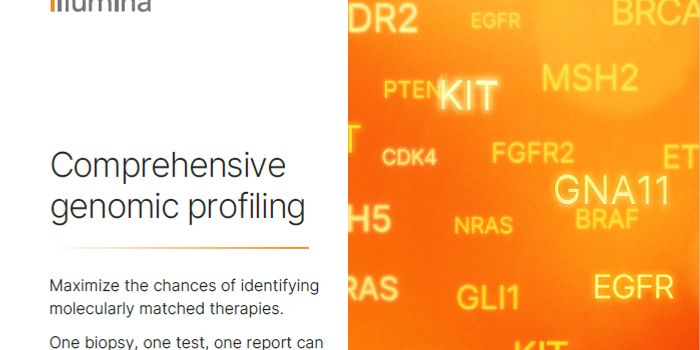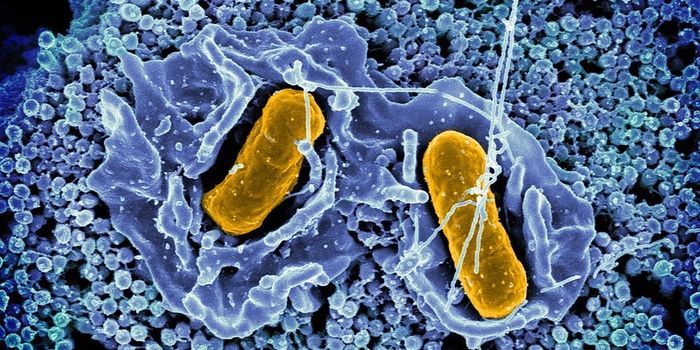Grad Student Highlights: Shannon Barry (Florida Institute of Technology)
This interview series is focused on the graduate student experience across all STEM fields that allows them to get their research, or corresponding graduate coursework, out in front of a large global audience and share their experiences in graduate school. Our goal is to inspire the next generation of STEM students to pursue graduate studies for a myriad of disciplines, and we hope you enjoy reading these amazing stories!
Shannon Barry is a PhD student studying genetic relatedness and habitat use of bull sharks at the Florida Institute of Technology (Florida Tech). She began her academic career at Western Illinois University where she earned a Bachelor’s Degree in Zoology and later a Master’s Degree in Marine Biology from San Francisco State University (SFSU). She says that while her work at SFSU influenced her research interests after being introduced to genetics as a tool for studying species, it was the Pixar movie Finding Nemo where she first gained interest in sharks.
“Specifically, there was a particular shot of the white shark Bruce swimming that was so elegant and peaceful, a stark contrast to how sharks can typically be portrayed,” said Barry. “That really inspired me to learn more about them. And doing that really influenced what I wanted to do as a career, and I knew I wanted to spend my life studying and learning all I could about sharks.”
Barry says her career goals always included doing research and being able to ask her own questions and knew she would have to attend graduate school to accomplish that. She says it was during her master’s degree where she learned more about what she both did and didn’t enjoy about her career path while realizing that pursuing a PhD would help her better achieve her career goals. Barry was attracted to Florida Tech due to the work her current advisor, Dr. Toby Daly-Engel, was doing.
“Using genetics to understand how the diversity of a population or species is impacted by their environment is something I’m incredibly interested in, so the opportunity to join this lab was very exciting,” Barry says. “Florida Tech being a smaller school was also a big draw, as it makes it easier to get to know all of the faculty and other graduate students and fosters a sense of community within the department that was lacking in other, larger programs.”
In terms of the challenges graduate students might face in her field, Barry says accessibility is one of the biggest ones. She notes that graduate school can be fairly exclusive for students who can’t pay for it, specifically first-gen graduate students trying to navigate for financial assistance. She also conveys that sustaining a healthy work/life balance can also be difficult, especially for the first few years, noting this might be due to students feeling the need to say “yes” to accepting work, which can lead to burnout.
After graduation, Barry wishes to pursue an industry position, saying her dream job is to work in a museum or aquarium lab to continue her work in molecular ecology and conservation genetics. She says that environment would also allow her to work in public outreach where she can educate the public about her research, the marine environment, sharks, and science overall. She says in 5-10 years, she hopes to build upon the skills she’s learned in graduate school so she can better understand how climate change impacts the genetic diversity of cartilaginous fishes, to include sharks, rays, skates, and chimaeras.
“There is so little we know about a good majority of cartilaginous fishes, and genetics work is not always done on lesser-known species,” Barry says. “By continuing to explore genetic diversity of these species, we can better understand the impacts that future climate scenarios may have.”
As always, keep doing science & keep looking up!









